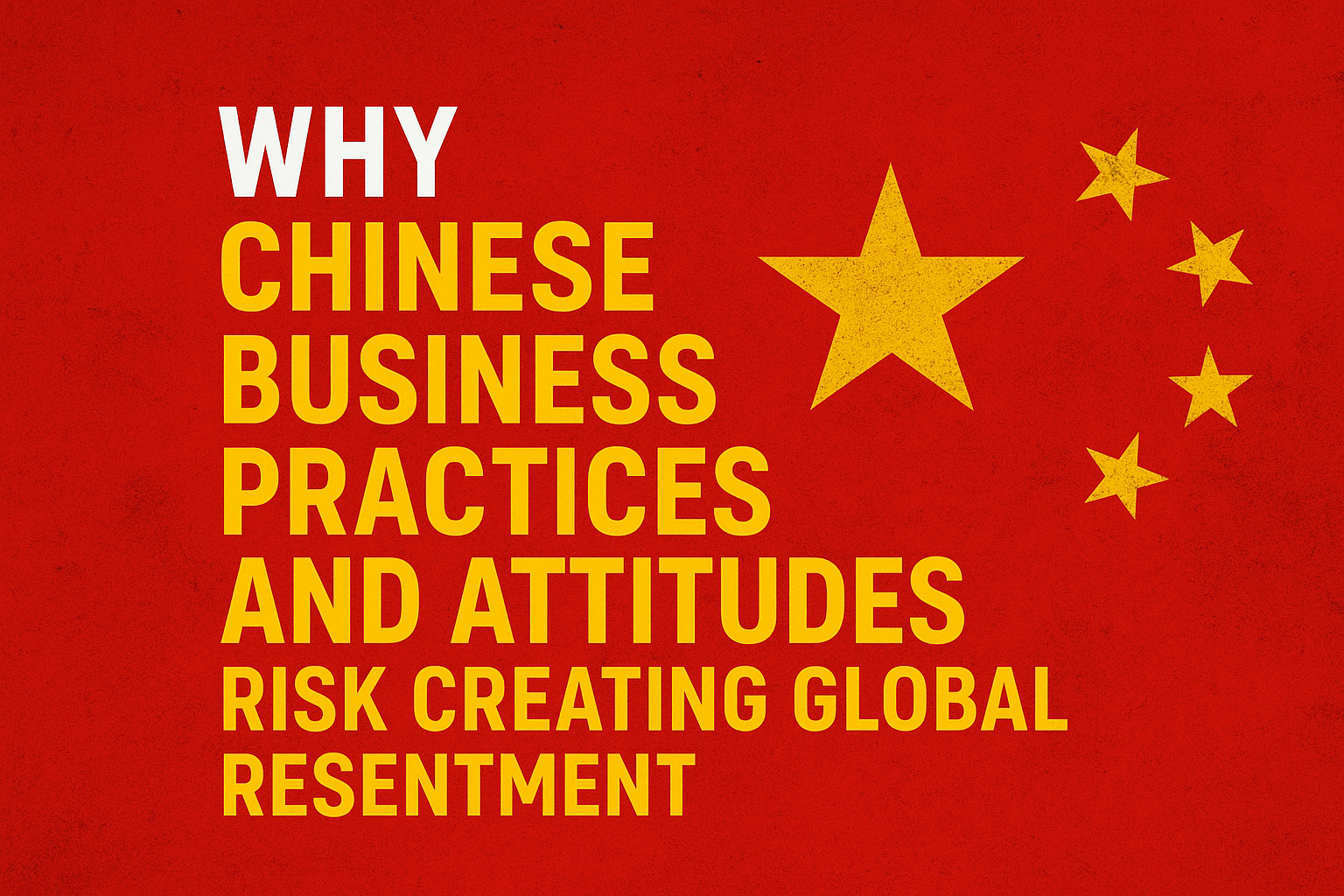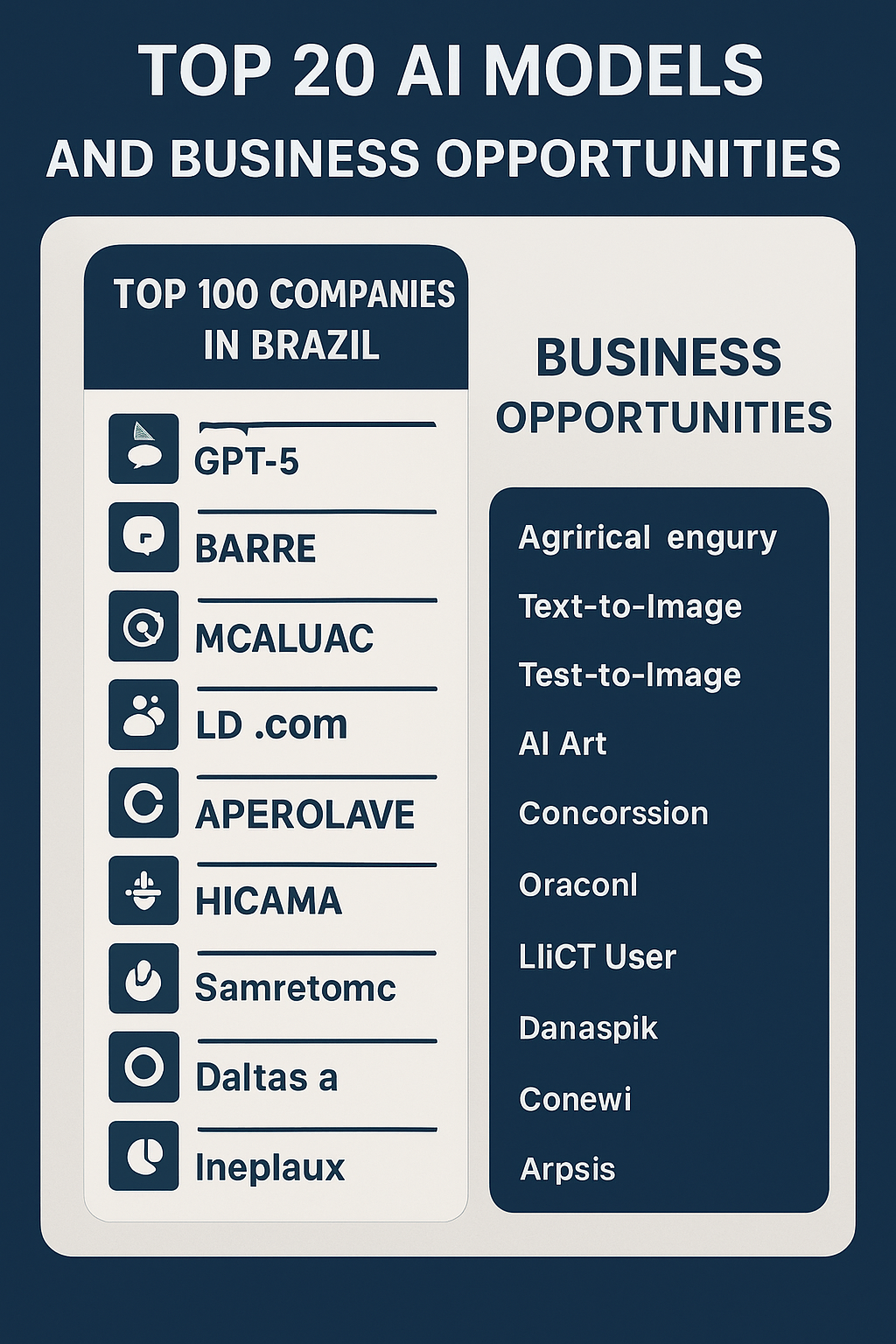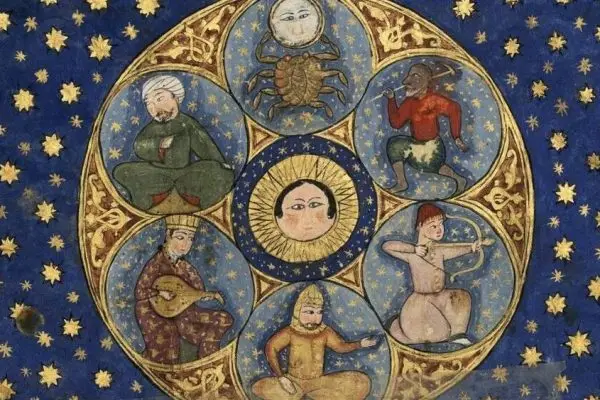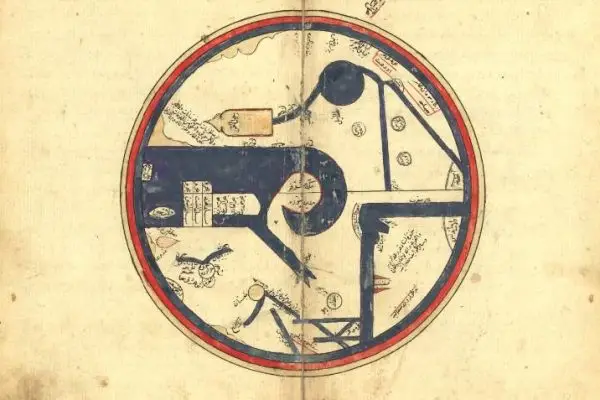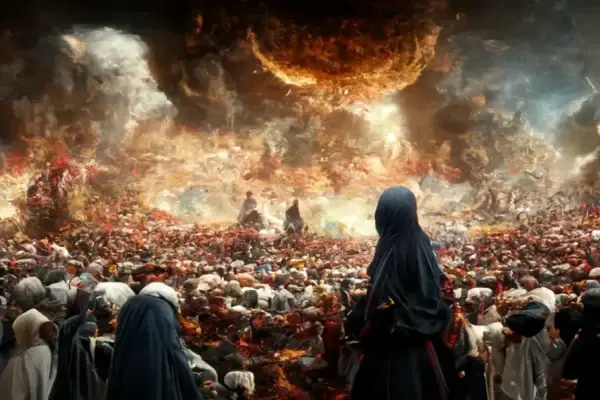
The Day of Judgment: A Comprehensive Exploration
The concept of the Day of Judgment spans across religious and secular realms, each offering unique insights into humanity’s moral accountability and existential purpose. Islam anchors this belief in divine revelation, emphasizing resurrection, divine justice, and ethical living. Comparative religions enrich the discourse with diverse perspectives on cosmic reckoning and spiritual fulfillment. Secular reflections contribute ethical frameworks grounded in reason and societal norms, fostering dialogue on justice and human rights. Together, these perspectives illuminate universal themes of responsibility and transcendence, shaping our understanding of moral imperatives and societal cohesion in a complex world.





